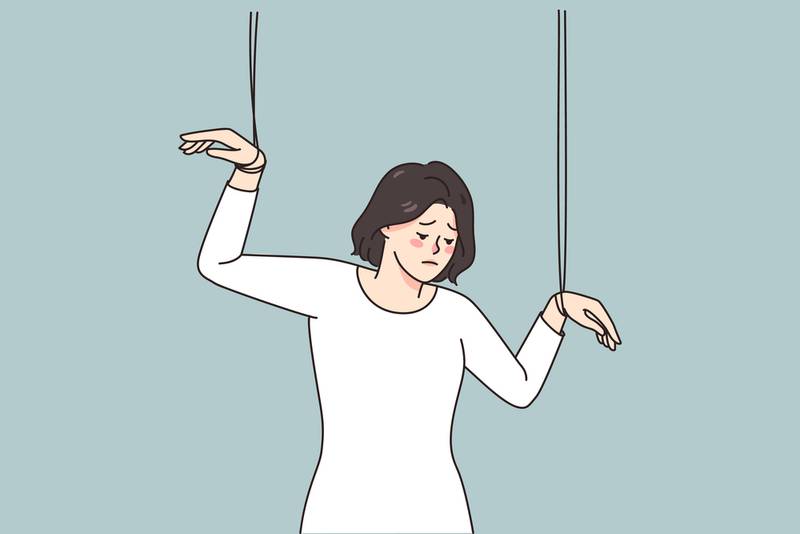Gaslighting: How Trust Becomes a Tool for Hidden Control

Gaslighting: How Trust Becomes a Tool for Hidden Control
New research shows manipulation exploits love, trust, and surprise to rewrite reality
Have you ever been made to doubt your memory or felt “crazy” when someone you love insisted you were wrong? That confusion is the essence of gaslighting, a subtle yet devastating form of psychological manipulation.
A new study published in Personality and Social Psychology Review offers the first detailed scientific framework to explain how gaslighting hijacks the brain’s natural learning systems. Researchers found that it thrives on trust and surprise, exploiting the very relationships—partners, family, and close friends, where people feel safest.
“When you trust or love somebody, you expect them to behave in a particular way. Gaslighters behave in an atypical, surprising way, and they use that surprise to redirect how their targets learn and perceive reality,” the authors explained.

The process unfolds gradually. Small seeds of doubt are planted, repeated until the victim internalises the belief that they cannot trust their own judgment. Over time, this erosion makes them feel “epistemically incompetent”, unsure of what’s real, even about themselves.
The study also emphasises that anyone can be gaslit. Intelligence or strength does not protect against it; in fact, the more trusting and empathetic someone is, the more vulnerable they may be. While past trauma or attachment styles could increase susceptibility, researchers stress that the core risk lies in trusting the wrong person.
Traditionally explained through psychodynamics, gaslighting is now being reframed through Prediction Error Minimisation (PEM), a cognitive model of how the brain learns from mismatches between expectations and reality. Gaslighters deliberately create such mismatches, then convince the victim that the flaw lies in their perception.

Experts say awareness is the first line of defence. Recognising early signs—frequent denial of obvious facts, subtle undermining, or being told you “always imagine things”, can help individuals protect themselves. Support from trusted people or professionals is key to regaining clarity.
Disclaimer: This article offers general information on psychological health and is not a substitute for professional diagnosis or treatment.












